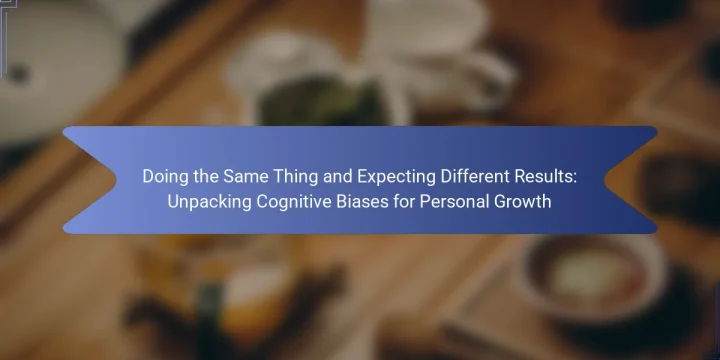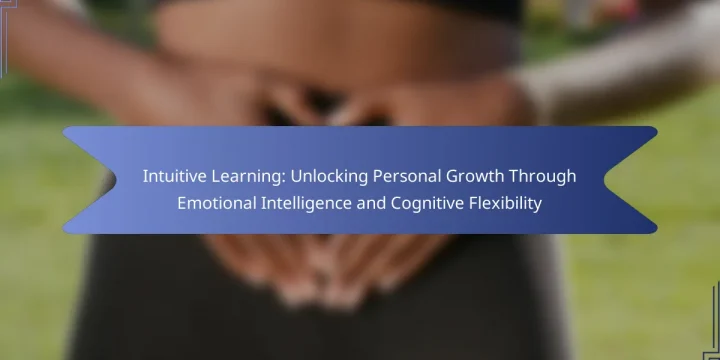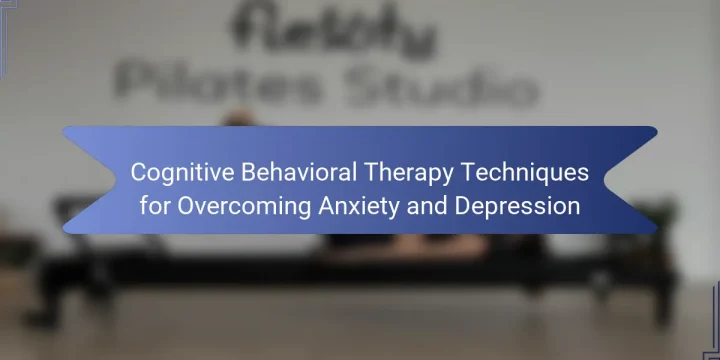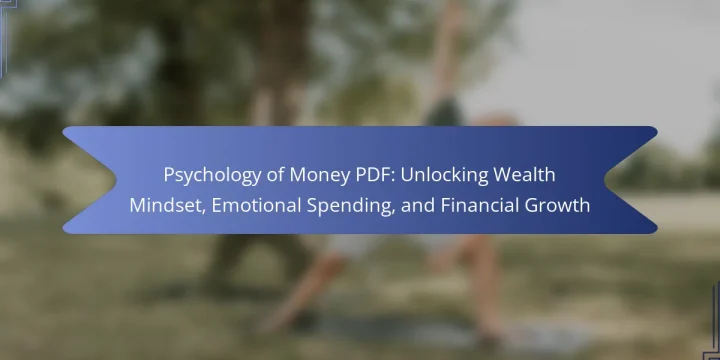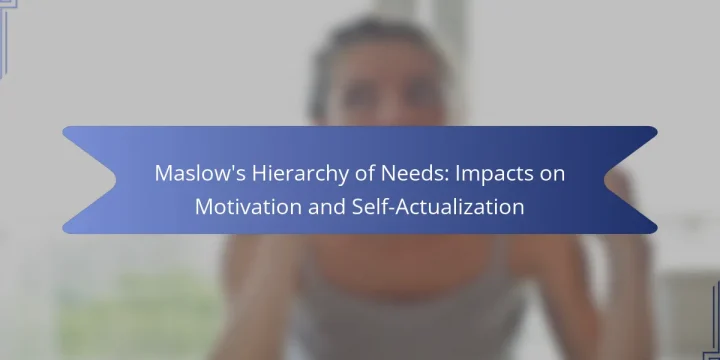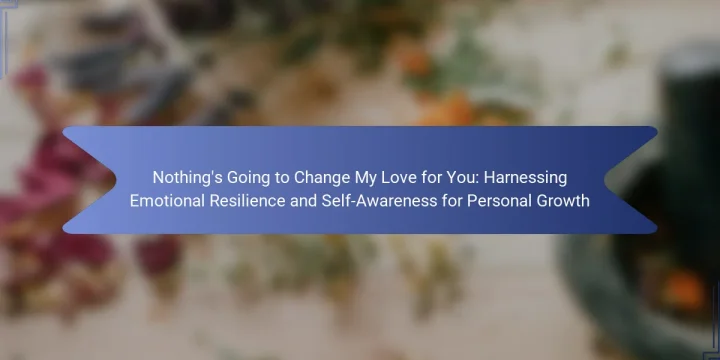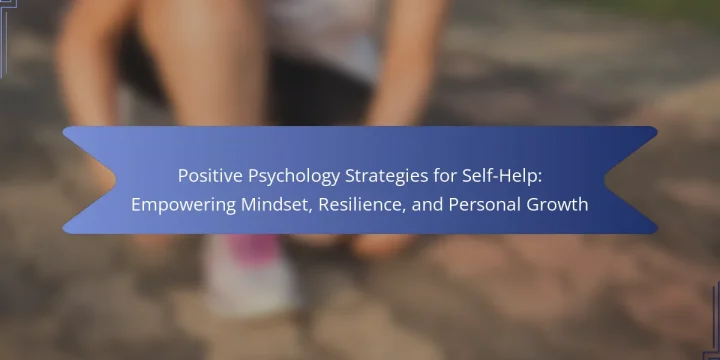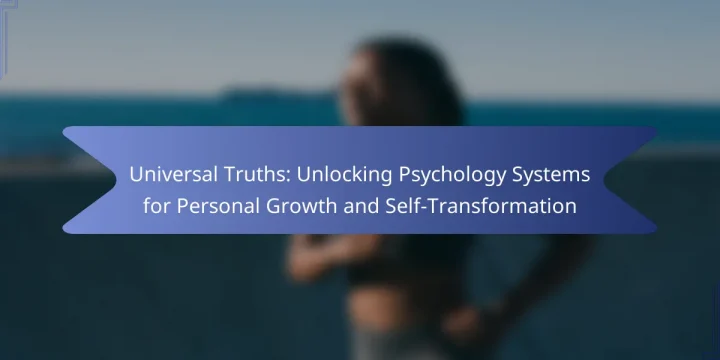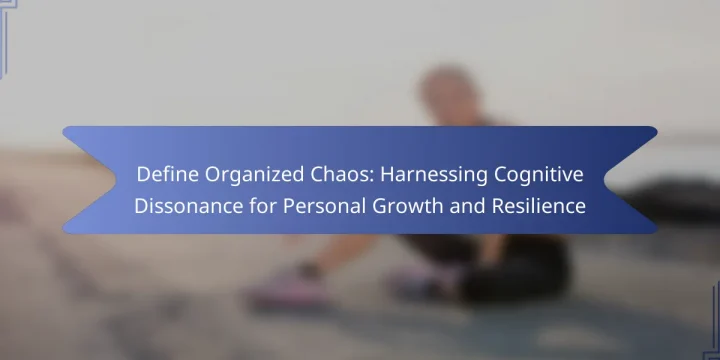
Embracing organized chaos can significantly enhance personal growth and resilience. This concept allows individuals to confront cognitive dissonance, leading to adaptability and innovative thinking. By navigating uncertainty and reflecting on conflicting beliefs, one can develop problem-solving skills and emotional strength. Ultimately, harnessing this dynamic fosters a mindset that thrives in unpredictable environments. What is Organized Chaos and How Does It Relate to Cognitive Dissonance? Organized chaos refers to a state where disorder is structured in a way that fosters creativity and adaptability. It relates to cognitive dissonance by encouraging individuals to confront conflicting beliefs, leading to personal growth and resilience. This dynamic allows people to navigate uncertainty and emerge stronger, as they learn to embrace complexity rather than avoid it. The unique attribute of organized chaos is its ability to…
